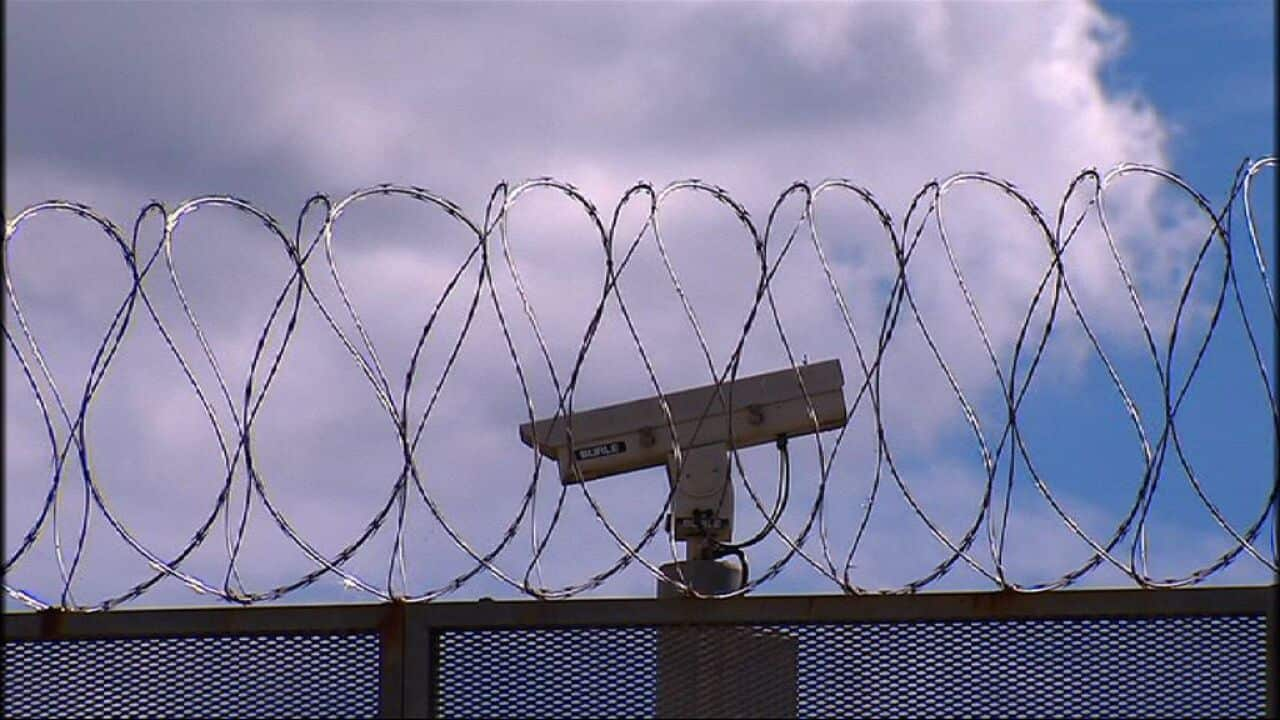Indigenous Rights Campaigner for Amnesty International Rodney Dillon has met with family members of the Banksia Hill detainees who had been relocated to the Hakia Men's Prison in West Australia.
Lack of access has seen an investigation into the conditions of the Hakia and Banksia Hil detention centres halted.
"We've come over here from Amnesty to talk to some of the parents of the kids that are already in there to talk about their ways to stop kids going in there in the first place," Mr Dillion said.
"Is there diversionary things that we can put in place to stop having so many of our kids in Banksia too?"
George Wheelhouse has been the lawyer representing the Juveniles moved to Hakia Men's Prison after January's riot.
"I'm very pleased that Amnesty International has become involved in this matter. I'm very disappointed to hear that, despite the court case, the boys are being kept in conditions where they are not getting enough education, not getting enough food, not getting enough psychological support," he said.
"They are really been treated badly in both Hakia and Banksia Hill".
The detainees have been relocated back to Banksia Hill but Indigenous Rights Campaigner Rodney Dillon believes WA's poor record of dealing with juveniles needs to become the focus of attention.
"Western Australia has the highest incarceration rate of our people anywhere in this country," said Mr Dillon.
He says Amnesty hasn't been granted access to the jails, and they are relying on what parents of the detainees tell them.
"It's a situation that needs to be rectified," said detainees lawyer George Wheelhouse. "The West Australian government should focus first on young people from the detention and prison system. There are young people on remand who should not be in prison".
Rodney Dillon agrees.
"If we had a system that was good enough, you would find only 20 per cent of the kids would be in there. Now we can't give them too much advice, but we're looking at ways to work with the parents and work with the government to make sure that this doesn't keep happening".
Watch the video above for the full story.









